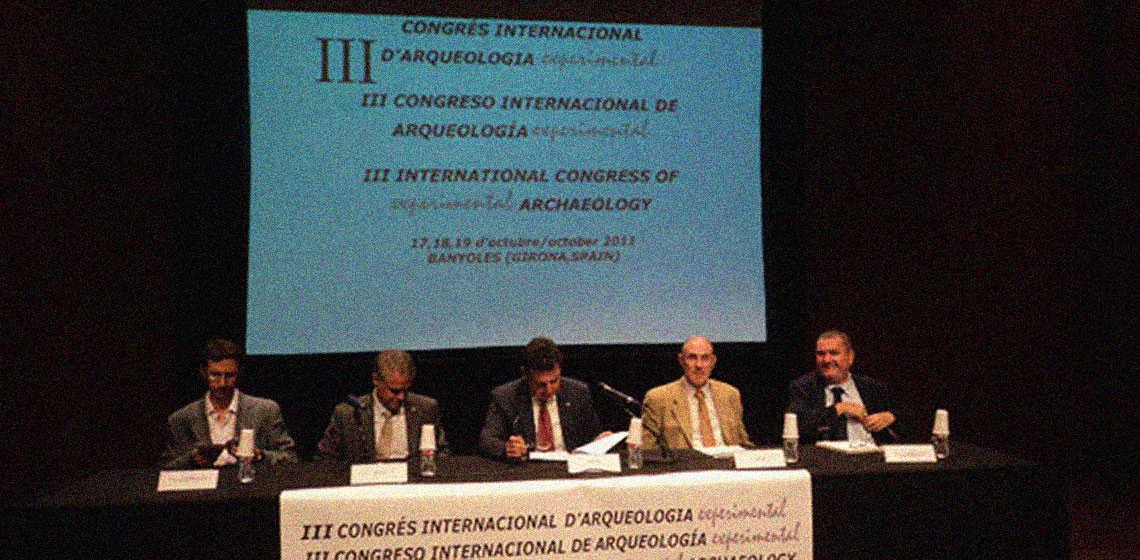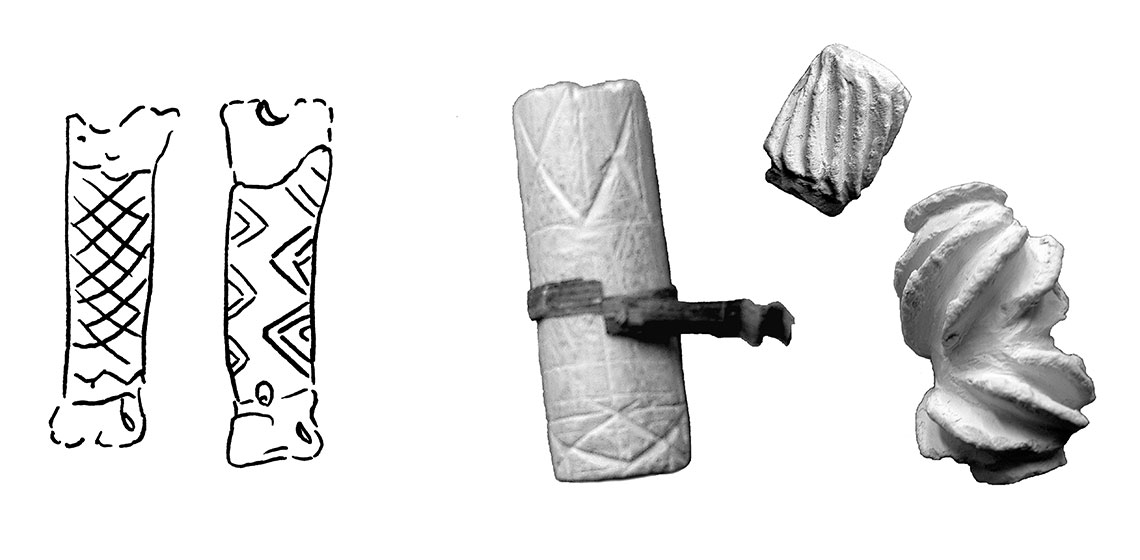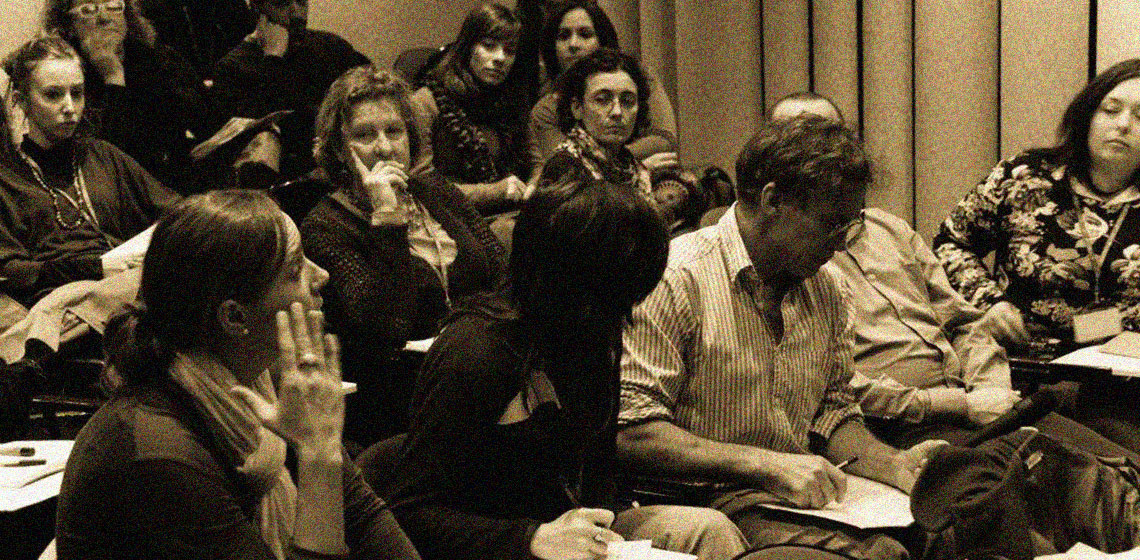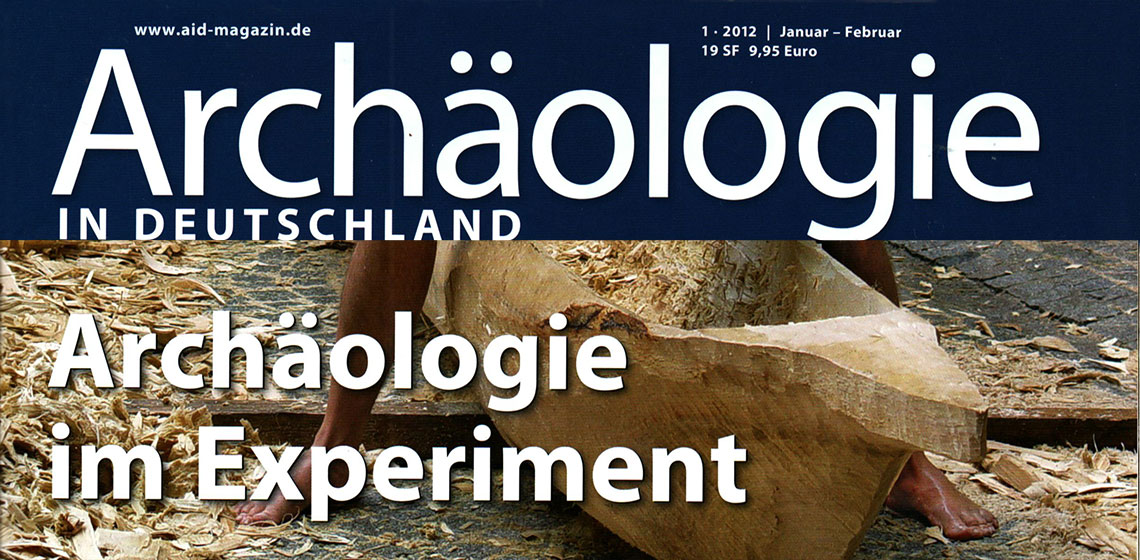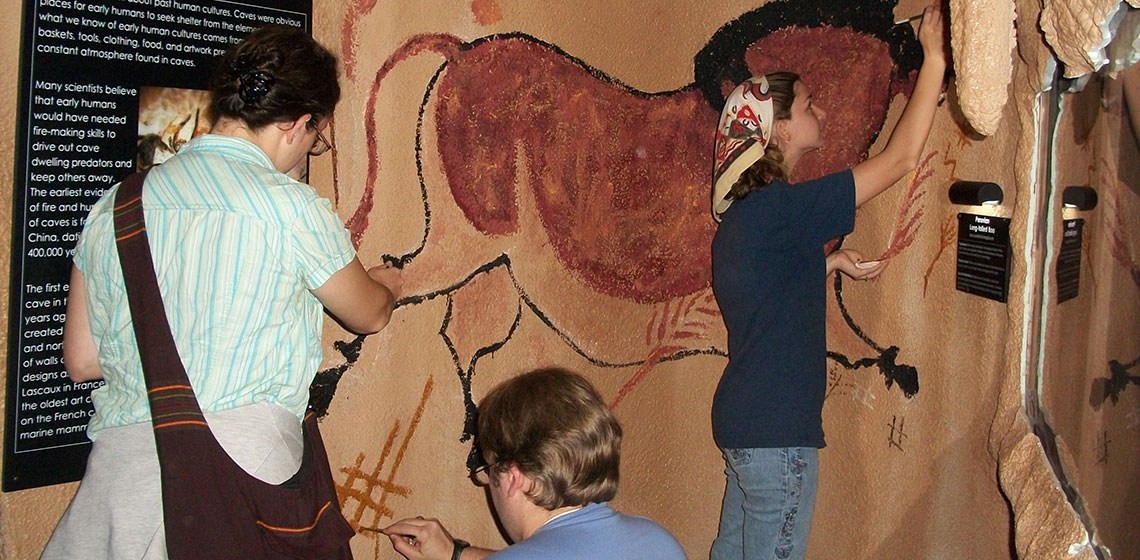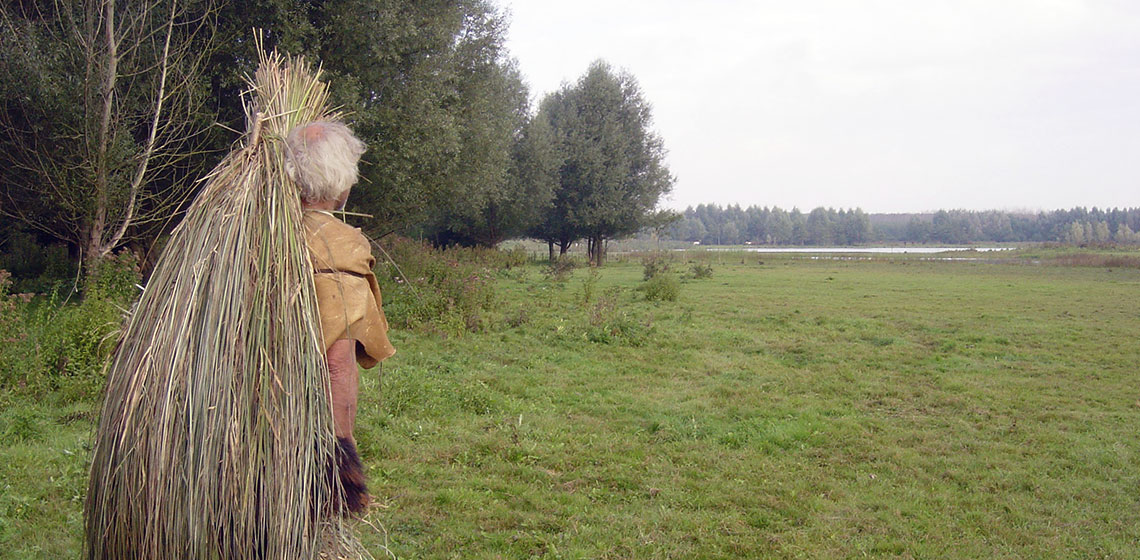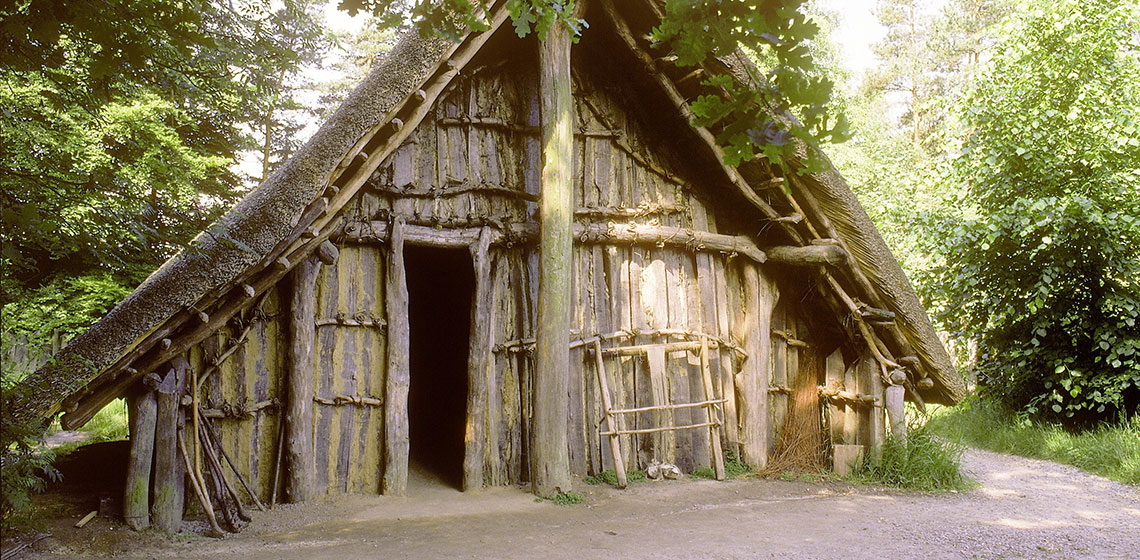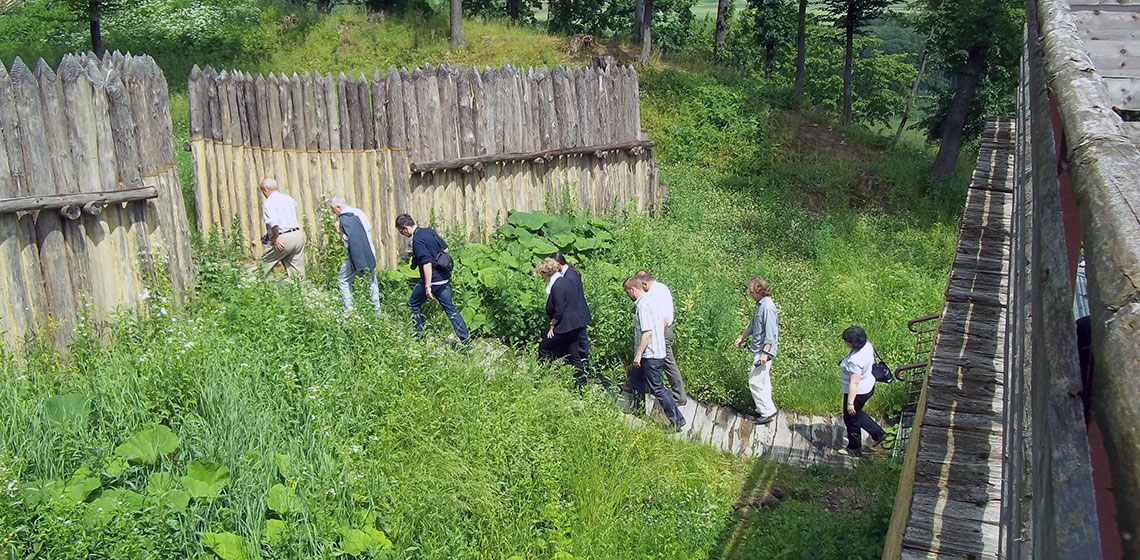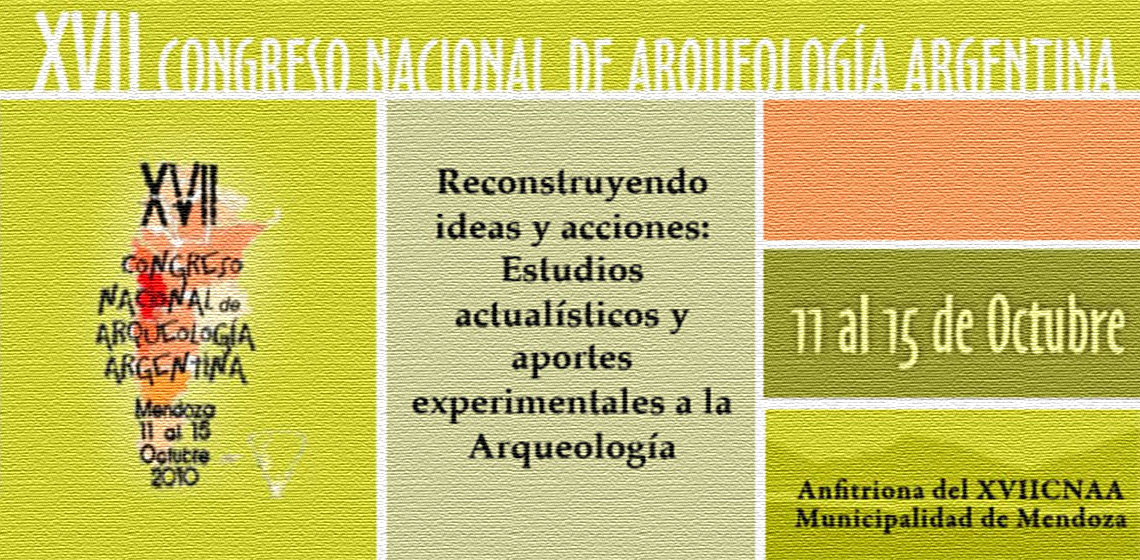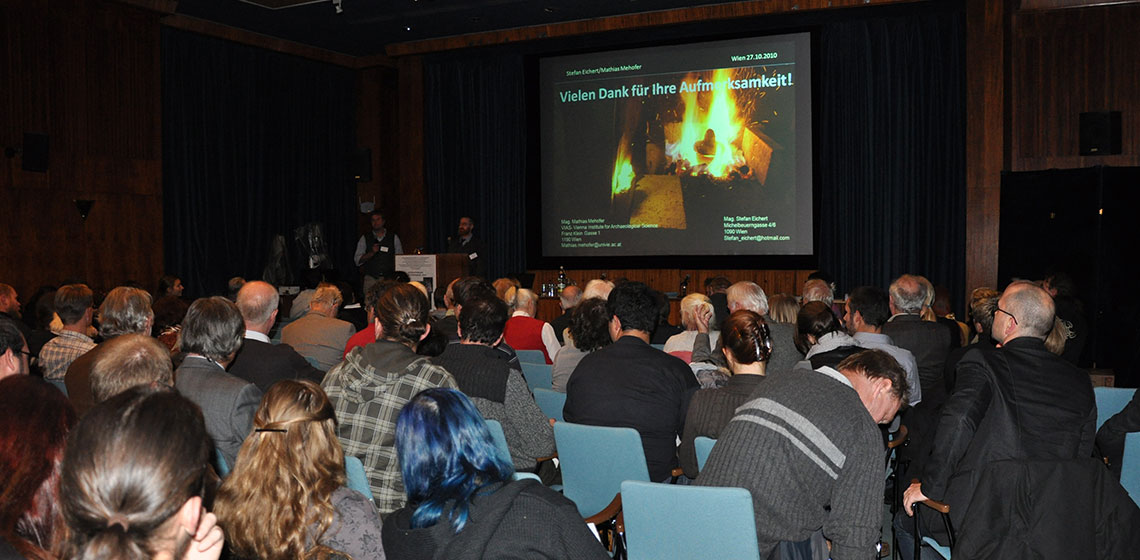Chalcolithic
Conference Review: III Congrès Internacional d’Arqueologia Experimental
Probable Measure Estimating Tool Employed by the Aeneolithic Potters
Conference Review: International Workshop, An Integration of Use-Wear and Residue Analysis for the Identification of the Function of Archaeological Stone Tools
The international workshop, titled An integration of use-wear and residues analysis for the identification of the function of archaeological stone tools, took place in Rome between 5-7 March, 2012 at the Sapienza University and at the National Council of Research (CNR)..
Book Review: Experimental Archaeology Presented in the AiD Magazine
The top popular magazine in Germany on archaeology is called Archäologie in Deutschland, simply referred to as ‘AiD’. It has been published every two months since 1984 and is 84 pages in length. The publisher is Theiss from Stuttgart. They publish on archaeology, history and ethnography and carry about 650 titles...
Conference Review: Reconstructive & Experimental Archaeology Conference REARC 2011
***The second annual Reconstructive and Experimental Archaeology Conference was held at the Schiele Museum of Natural History, Gastonia, NC, 16-17 October, 2011 and was attended by over 50 participants representing at least 10 states, two countries and an unknown number of general museum visitors...
Interview: Hans Horreus de Haas
December 2010, Hans de Haas turned 75 and this seemed a fitting occasion for an in depth interview with this Nestor of Dutch living prehistory and experimental archaeology...
75 Years of History on Concrete Floors
In 2011 the archaeological open-air museum Oerlinghausen (member of EXARC) turned 75 years old, and with that it is one of the oldest archaeological open-air museums in the world. It is, at least, oldest Germanic open-air museum...
Conference Review: International Archaeological Conference, Trzcinica 2011
The International Conference on archaeological open-air museums and experimental archaeology: An Opportunity for the Promotion of the Tourist Industry, sponsored financially by the Norwegian Financial Mechanism, was held in the Carpathian Troy Open-Air Archaeological Museum in Trzcinica, Poland, on 9 – 10 June 2011...
Conference Review: Symposium 25: Reconstructing Ideas and Actions
For many years, actualistic studies have been used largely as a bridging link between archaeological data describing how people use objects with the human behaviours or natural processes associated with this use...
Conference Review: International Öguf-Symposium 2010
Prehistory and Early History (ÖGUF) took place 27-30 October at The Museum for Natural History in Vienna under the patronage of State Captain and Mayor of Vienna Dr. Michael Häupl – and the general director of the Museum for Natural History Vienna, Univ.-Prof. Dr. Christian Köberl. Theme was experimental archaeology: theory, practice, science, education...

